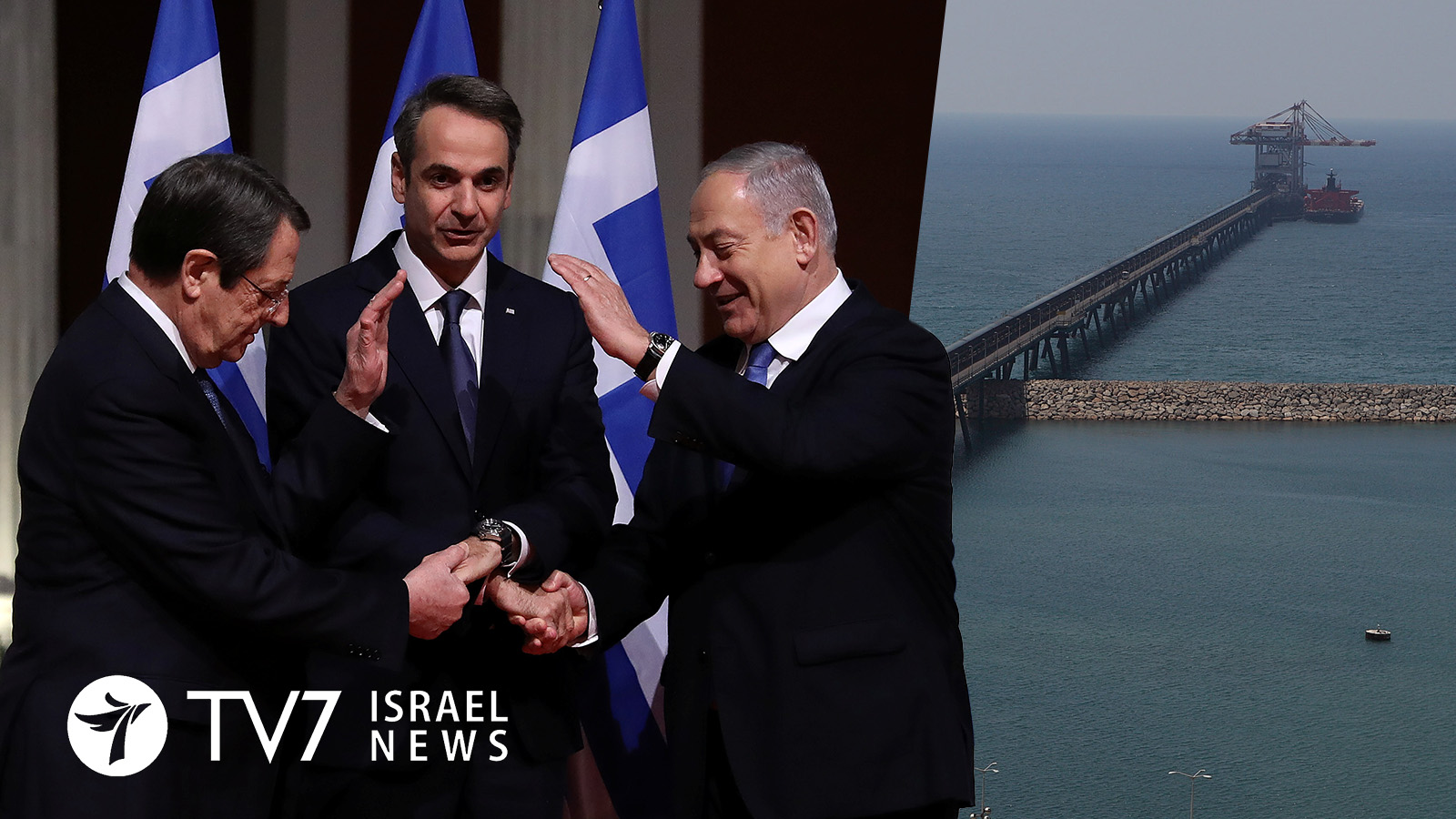The tripartite energy alliance between Israel, Cyprus and Greece has surged forward – following an agreement to work together to create the world’s longest and deepest underwater power cable.
The $900 million project is part of the EuroAsia Interconnector cooperation agreement signed between the three countries in 2012.
The 1,000-2,000 megawatt (MW) capacity, 1,500 kilometer long cable will traverse the Mediterranean seabed at a maximum depth of 2,700 meters to link the three nations’ electrical grids.
According to a statement from Israel’s Ministry of Energy, the EuroAsia Interconnector will be the longest and deepest subsea electricity cable in history with construction expected to be completed by 2024.
Israeli Energy Minister Yuval Steinitz, who was in Nicosia to sign a memorandum of understanding with his counterparts, said the project will provide a back-up power source in times of emergency,
Cypriot Energy Minister Natasa Pilides called the project a “2,000 mega-watt highway,” and said it marked “a decisive step towards ending the island’s energy isolation, and consequently, our dependence on heavy fuels.”
Cyprus is ultimately envisioned as becoming an energy bridge between Europe and Asia, with Greece transformed into a regional electricity and telecom hub. Both nations will perform important geopolitical roles of linking the eastern Mediterranean Sea with the European Union.
The cable will stretch over 3 three sections of the Mediterranean Sea. About 310 kilometers in length will link Israel and Cyprus, some 900 kilometers between Cyprus and Crete, and about 310 additional kilometers from Crete to mainland Greece.
The Greek IPTO power grid operator has already begun building the portion of the Greek island of Crete, which is expected to be finished in 2 years’ time. An IPTO official told Reuters that it has been working closely with Eurasia to ensure an efficient link between the sides.
All three nation’s leaders reaffirmed full support of the EuroAsia Interconnector at a meeting between Israeli Prime Minister Benjamin Netanyahu, President of Cyprus Nicos Anastasiades and then-Greek Prime Minister Alexis Tsipras in 2016.
The European Union recognized the Interconnector as a “Project of Common Interest” in 2013, and approved €14.5 million in financial support of the plan in 2017.
